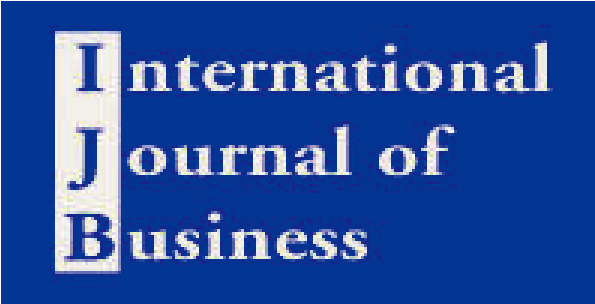Vol. 29 No.2 -06
Volume 29 Number 2, 2024
Effects of Tax Incentive Measures, A Facilitated Tax System and Tax Fairness and Equity Perception on Corporate Tax Compliance Behavior:
Evidence from Small and Medium- Sized Enterprises in Thailand
Nimnual Visedsun a, Montree Piriyakul b, Angsana Sriprasert c, Wattanee Rummapor d, Wattana Srithaworn e
a, c, d,e Faculty of Accountancy, Rangsit University, Thailand
nimnuan@rsu.ac.th
angsana.s@rsu.ac.th
wattanee.r@rsu.ac.th
wattana.s@rsu.ac.th
b Faculty of Science, Ramkhamheang University, Thailand
mpiriyakul@yahoo.com
ABSTRACT
Using Path modeling, this study intends to investigate the effects of tax incentive measures on Thai SMEs' corporate tax compliance behavior under the conditions of a facilitated tax system, as well as tax fairness and equity perception. In this study, samples were collected from 209 Thai SMEs. The study's findings show that tax incentive measures have a direct effect on corporate tax compliance behavior, but the two-way interaction "Tax Incentive Measures* Facilitated Tax System" and the three-way interaction "Tax Incentive Measures* Facilitated Tax System* Tax Fairness and Equity Perception" do not. This implies that the two moderators' fluctuating levels have no effect on the direct effect. As a result, Tax incentive measures are the only significant factor for SMEs in their commercial operations and activities. Executives of SMEs must critically evaluate, implement, and utilize Tax incentive measures in order to build, develop, and realize the advantages of these measures in doing business.
JEL Classification: M40, M41, M48
Keywords: tax incentive measure, facilitated tax system, tax fairness and equity perception, corporate tax compliance behavior, Thai SMEs
Cite this article:
Visedsun, N., Piriyakul, M., Sriprasert, A., Rummapor, W., Srithaworn, W., 2024, Effects of Tax Incentive Measures, A Facilitated Tax System and Tax Fairness and Equity Perception on Corporate Tax Compliance Behavior: Evidence from Small and Medium- Sized Enterprises in Thailand, International Journal of Business, 29(2), 006. https://doi.org/10.55802/IJB.029(2).006
